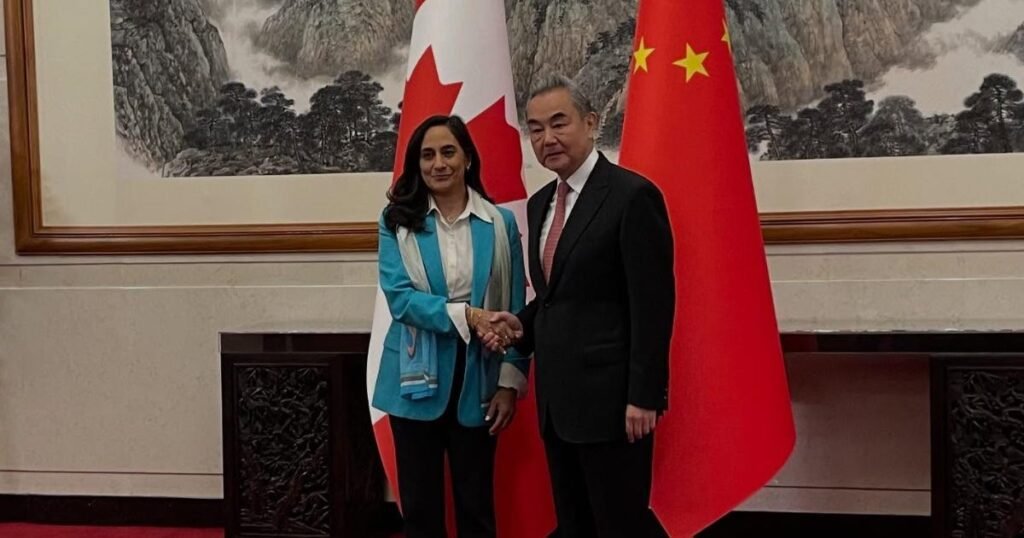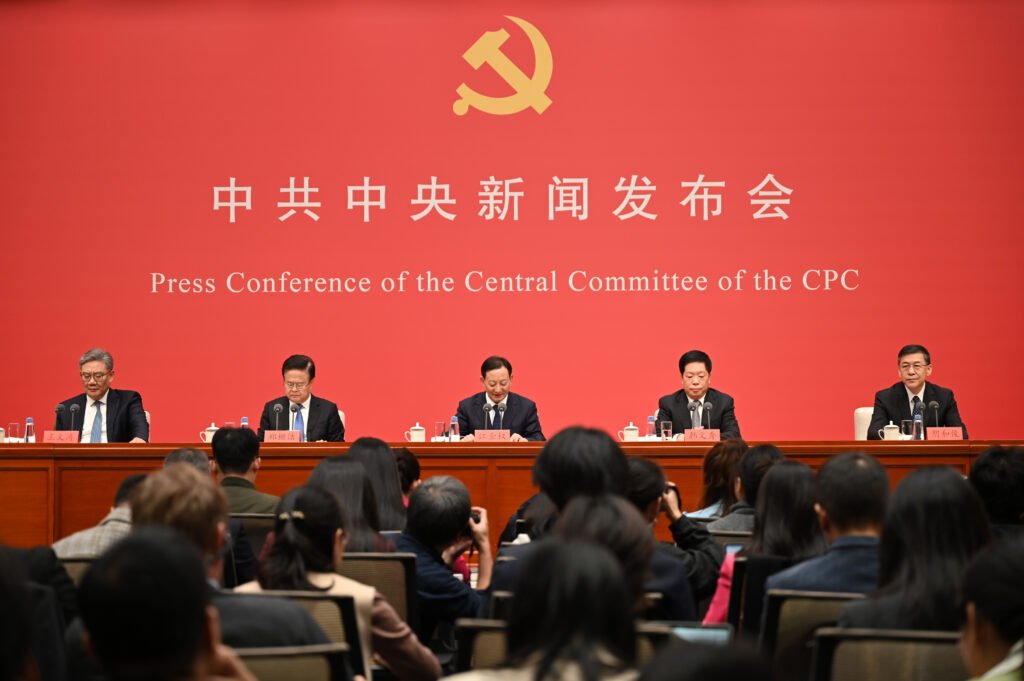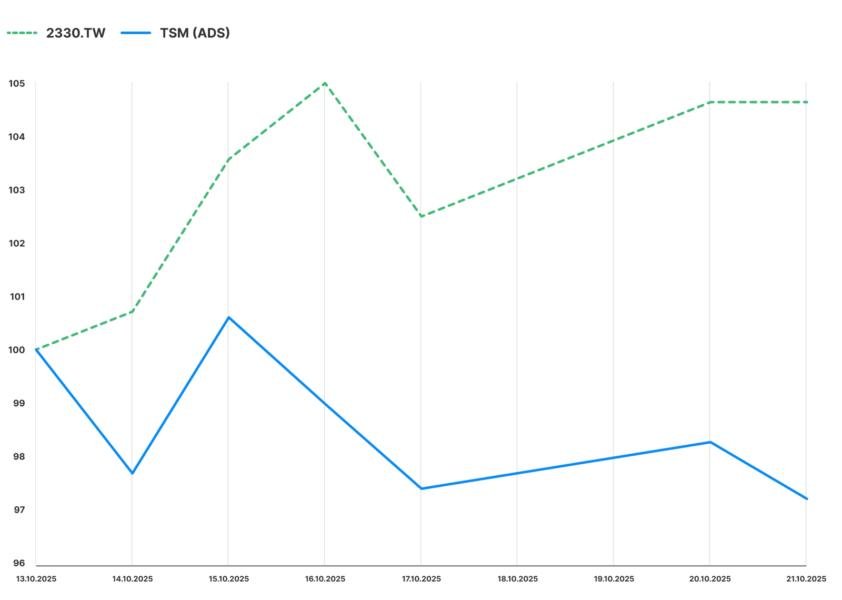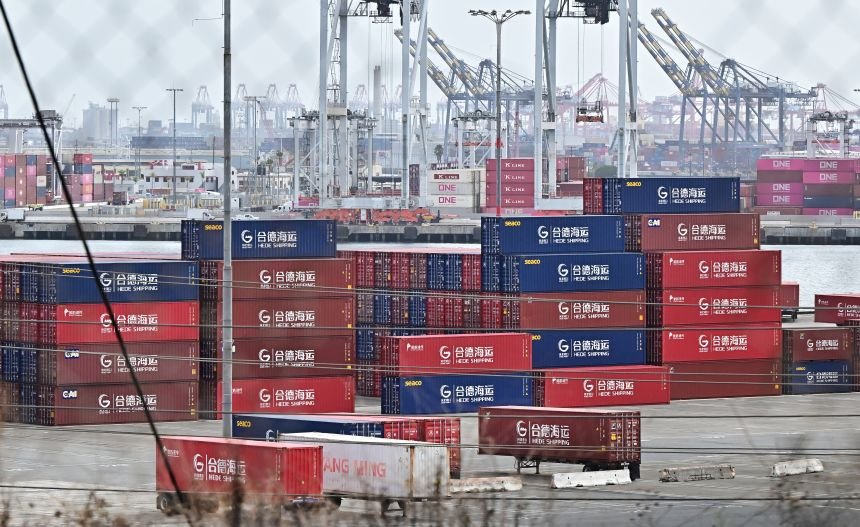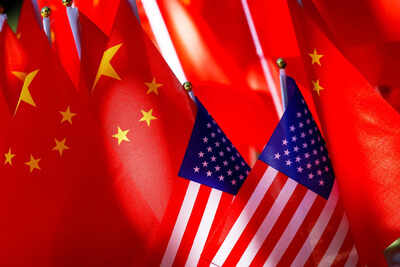
Female spies have been part of wars since ages. There are many told and untold stories of female spies dating back World Wars, and becoming more prominent during Russia-US cold war of sixties and seventies. The Cold War era saw female spies play crucial and varied roles on both sides of the Iron Curtain. They were not just peripheral figures; they were integral cogs in the Cold War’s espionage machinery, contributing to everything from high-level strategic analysis to dangerous field operations.And now a new report in ‘The Times’ claims that female spies are waging ‘sex warfare’ to steal Silicon Valley secrets. Quoting some analysts, the report claims that China and Russia are sending attractive women to seduce tech workers — even marrying and having children with their targets.
Silicon Valley hit by US-China trade war
Chinese and Russian operatives are reportedly using seduction as a weapon to infiltrate Silicon Valley, targeting tech professionals to steal trade secrets, according to industry insiders quoted in the report. According to ‘The Times’ exclusive report, the tactic, dubbed “sex warfare,” is part of a broader espionage campaign exploiting America’s tech industry, costing taxpayers up to $600 billion annually, per the Commission on the Theft of American Intellectual Property. James Mulvenon, chief intelligence officer at Pamir Consulting, revealed he’s been repeatedly targeted by “sophisticated” LinkedIn requests from attractive young Chinese women. At a recent Virginia conference on Chinese investment risks, two such women attempted to gain entry but were denied. “It’s a phenomenon,” Mulvenon is quoted as saying. “They have an asymmetric advantage because we don’t do that here.” Counterintelligence experts warn that China and Russia are leveraging civilians—investors, crypto analysts, and academics—rather than trained spies, making detection harder. China is also accused of hosting startup competitions on American soil to steal business plans. The annual China (Shenzhen) Innovation and Entrepreneurship Competition, held in cities like Boston and Tokyo, lures startups with cash prizes but requires them to share sensitive intellectual property and establish operations in China. A Silicon Valley biotech CEO who won $50,000 at last year’s event said he was heavily monitored, with organizers wiring funds to his personal account—a move he found suspicious. His company later lost U.S. federal funding, possibly due to ties with Asian investors. In a high-profile case, Klaus Pflugbeil, a former Tesla employee, was sentenced to 24 months in prison in December 2024 for attempting to sell stolen battery technology secrets for $15 million at a Las Vegas trade conference. His alleged accomplice, Yilong Shao, remains at large. Experts also point to China-backed venture capital firms investing in U.S. startups initially funded by the Department of Defense (DoD). This “drafting” tactic pushes foreign ownership beyond thresholds that block further DoD investment, starving innovative firms of critical funding. A Senate committee recently found that six of the 25 largest recipients of federal Small Business Innovation Research funds had ties to China, receiving nearly $180 million from the Pentagon in 2023 and 2024.“It’s the Wild West,” said Jeff Stoff, a security academic and former U.S. government analyst. He noted that China exploits regulatory blind spots, operating with “virtual impunity.” Counterintelligence officials are now urging increased scrutiny of cross-border investments and greater awareness of espionage threats in Silicon Valley. “China is targeting our startups, academics, and DoD-funded projects,” Stoff warned. “We’ve not even entered the battlefield.”



